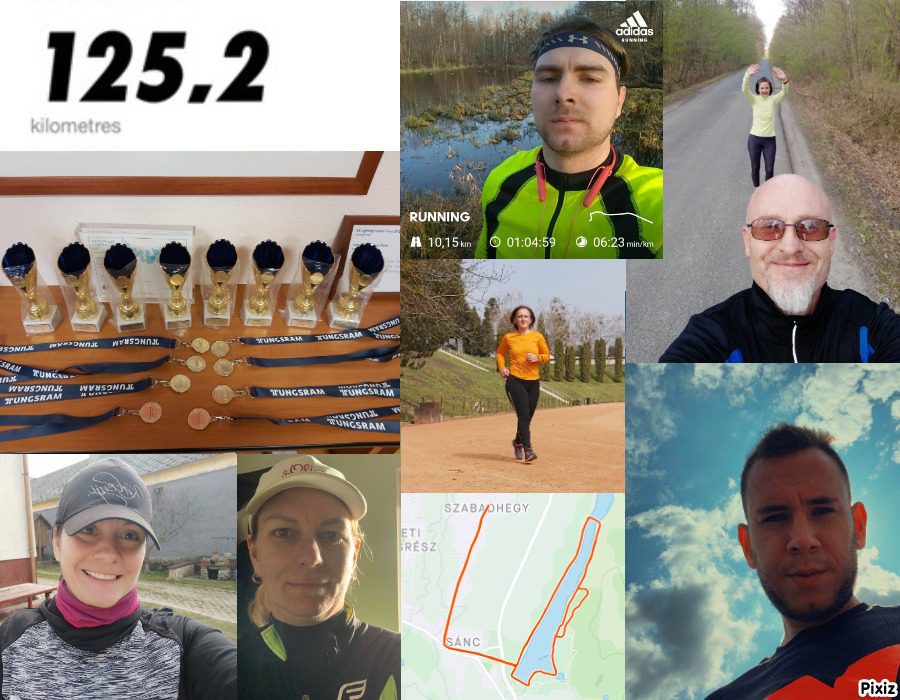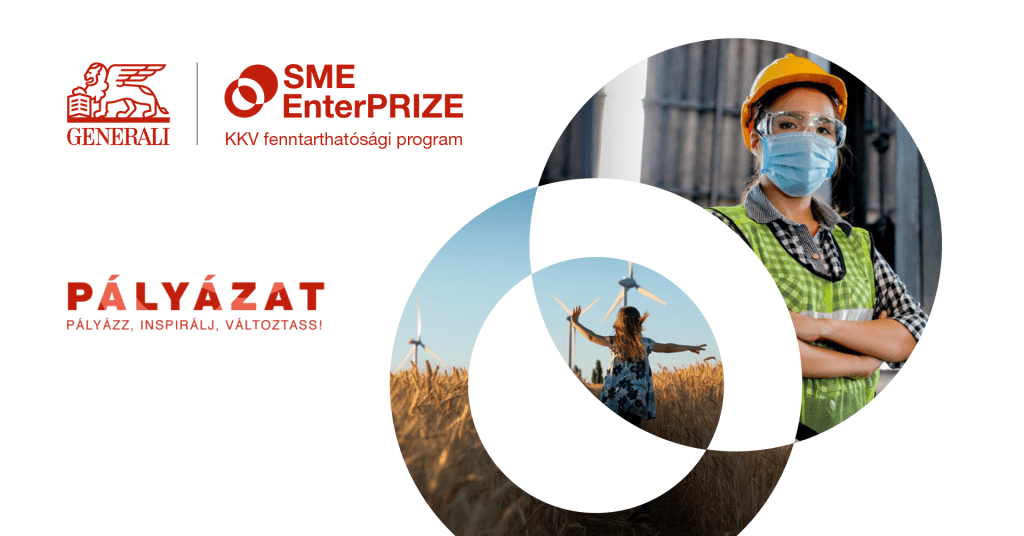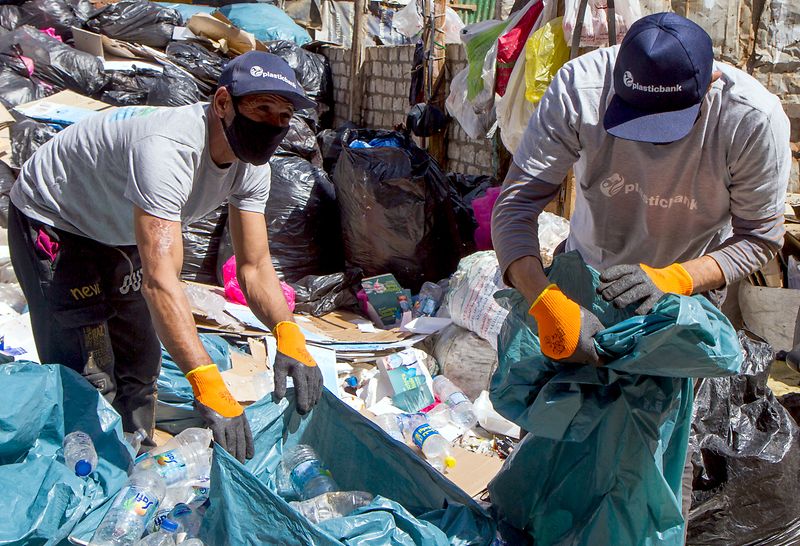Germany/Egypt – Henkel and Plastic Bank have opened their first three plastic waste collection centers in Cairo. The project is part of Henkel’s successful and long-term partnership with the social enterprise. The partners share a joint vision: to avoid plastic waste in the environment while making a long-term social impact for the local population.
The opening of three collection centers in Egypt marks the first step of the commitment to deliver environmental, social and economic impact in the country. Working together, Henkel and Plastic Bank aim to steadily expand their engagement in the coming years and to reach a yearly collection capacity of 5,000 tons of plastic waste in 2023. At the collection centers, people can return collected plastic waste and exchange it for money. This prevents the plastic from entering the rivers and oceans, and at the same time Henkel and Plastic Bank support the local population by improving the lives of collector communities. Plastic Bank reprocesses the material and returns the so-called Social Plastic® back to the value chain – for example in Henkel’s product packaging. Henkel was the first global consumer goods company to partner with Plastic Bank in 2017 and has already launched first product packaging made from Social Plastic® in the market.

“Henkel’s commitment to sustainability is deeply anchored in our corporate culture, and an integral element of our strategic agenda for Purposeful Growth. The unique cooperation with Plastic Bank helps us to integrate more recycled plastic into our product’s packaging and contributes to reaching our ambitious targets for a Circular Economy and avoiding plastic waste,” says Carsten Knobel, CEO of Henkel.

“Plastic waste entering the environment is one of the greatest global challenges, and we are well aware of our responsibility as a global consumer goods company. Our collaboration with Plastic Bank is a fantastic example of the power of partnerships to make a positive contribution with both an environmental and social impact,” says Sylvie Nicol, member of the Henkel Management Board responsible for Human Resources and Sustainability. “We are excited to further deepen our partnership with Plastic Bank. With joint forces, we can drive social progress around the world and, at the same time, help to reduce plastic waste in the environment and foster a Circular Economy.”
“We are proud to be partnering with Henkel to expand recycling ecosystems while promoting sustainable packaging solutions,” says David Katz, Founder and CEO of Plastic Bank. “Since the beginning of our partnership, Henkel has helped to collect over 1.7 million kilograms of plastic waste, preventing over 86 million plastic bottles from entering the ocean. With our collection centers in Egypt, we are taking a significant step towards stopping ocean plastic and improving lives on the African continent.”

Turning waste into opportunities
Plastic Bank establishes recycling ecosystems in countries that still lack adequate waste management infrastructure. Collectors receive a premium for the materials they collect which helps to provide basic family necessities such as groceries, cooking fuel, school tuition or health insurance. The collected plastic is processed as Social Plastic® which can be reintegrated into products and packaging as part of a closed-loop supply chain.
In Egypt alone, Henkel and Plastic Bank aim to create 1,000 jobs over a two-year period which will directly impact over 4,000 Egyptian citizens through the establishment of a long-term recycling infrastructure. The companies will build on a successful partnership in Haiti, which began in 2017.
Henkel has already integrated Social Plastic® into several of its products. The Beauty Care brand Nature Box was the first cosmetic brand to introduce Social Plastic® as a packaging material for its complete bottle portfolio, with all bottle bodies being made of 98 percent Social Plastic®. And Henkel’s Laundry & Home Care Pro Nature cleaners have transitioned to PET bottle bodies that are made of 100 percent recycled plastic, of which up to 50 percent is Social Plastic®.
Commitment for a Circular Economy
The partnership with Plastic Bank is just one of Henkel’s many activities and initiatives to foster a Circular Economy and to promote sustainable packaging solutions. The company has set itself ambitious packaging targets to promote a closed loop for plastic: By 2025, all packaging will be recyclable or reusable* and the proportion of recycled plastic in the packaging of consumer products will rise to 30 percent. Already today, many product packaging already consists of 100 percent recycled plastic. To drive progress in the field of sustainability, Henkel is collaborating with different partners along the value chain and participates in many cross-industry initiatives. For example, the company is member of the New Plastics Economy and founding member of the global Alliance to End Plastic Waste.
* Excluding products where ingredients or residue may affect recyclability or pollute recycling streams.












